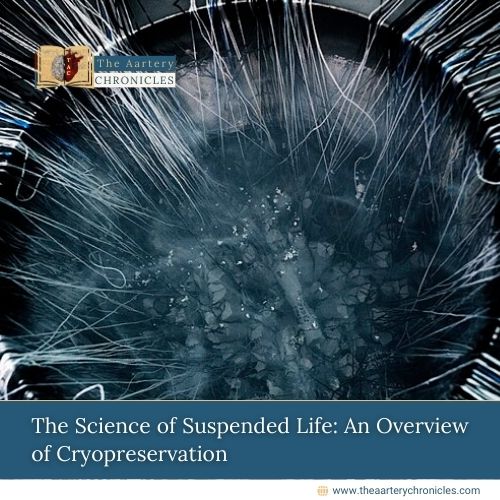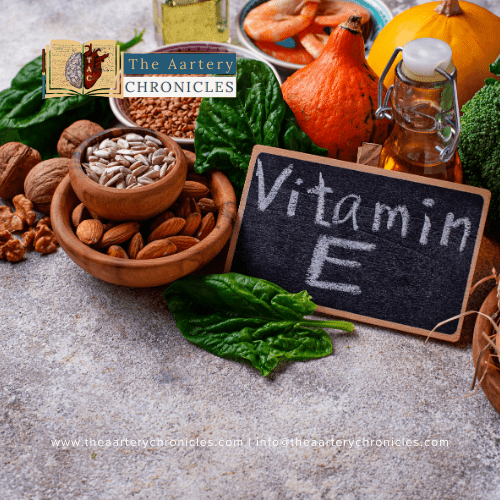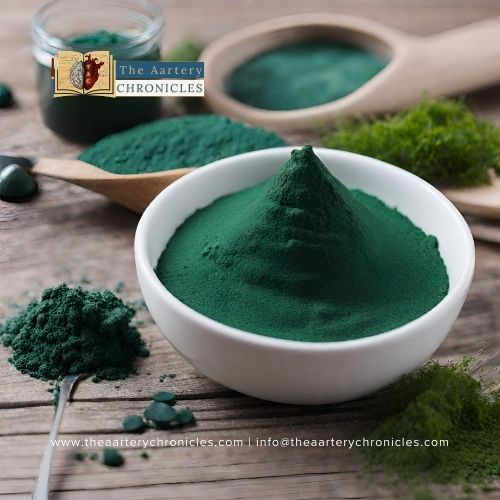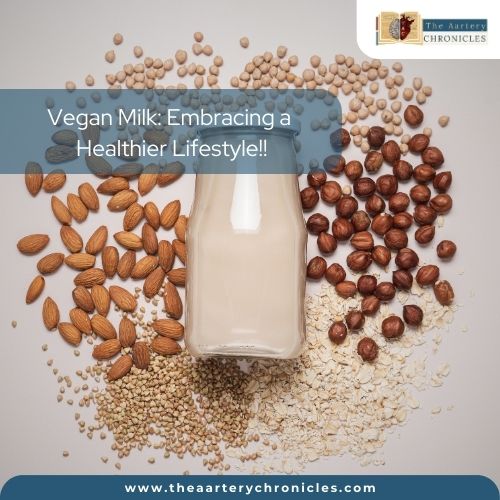

Artificial Sweeteners: Are they Good?
Artificial sweeteners are non-nutritive substances that are largely used to reduce the intake of sugar. Many claims have surfaced recently about the risk of serious health issues associated with the use of artificial sweeteners. But are they true or just an exaggeration? Let’s find out in this article.
What are Artificial sweeteners?
Artificial sweeteners or sweetening agents are substances that are used as replacements or alternatives for natural sugar in food items. Artificial sweeteners are usually non-caloric or low-caloric. They can be an enticing sugar substitute as it does not add more calories.
Artificial sweeteners are increasingly favoured these days and are used in various kinds of dietary and medicinal products. They provide more intense sweetness than regular sugar-containing products hence they are also referred to as intense sweeteners. These are generally used in dietary products, drugs, baked food items, beverages, canned foods, etc. Terms such as ‘diet’ or sugar-free’ are used most of the time to market food items with artificial sweeteners.
Artificial Sweeteners examples
Saccharin is the first non-nutritive sweetener that was discovered in the year 1879. The Food and Drug Administration has approved six artificial sweeteners since the 1970s. Aspartame first approved in the year 1974 is known to be 200 times sweeter than table sugar. Some common examples of artificial sweeteners that are non-nutritive are Sucralose, Xylitol, Aspartame, Saccharin, neotame, etc.
Stevia is a Natural Sweetener
Stevia is a non-nutritive sweetener made out of the leaves of the stevia plant. Stevia does not contain calories or carbohydrates and it is up to 100 times sweeter than regular sugar. Stevia can be considered healthy as it is derived from leaves associated with garden flowers such as asters and chrysanthemums.
Sucralose is an artificial sweetener. When ingested, the human body fails to detect it as sugar and doesn’t metabolize it. The major amount of sucralose does not leave the GI tract and it is excreted directly. The absorbed sucralose is sent out through the bloodstream to the kidneys and is passed away in the urine.
Benefits: The benefits /uses of Artificial sweeteners as sugar substitutes may include:
- Artificial sweeteners are known to repress appetite which is beneficial to body weight and cardiometabolic profile. The non-nutritional sweeteners are a great way of enjoying sugars without the additional calories that always come along. These seem promising when factors such as lower intake of calories and reduced sugar content are taken into account.
- Artificial sweeteners are helpful in the case of people with diabetes. They do not cause a spike in blood sugar levels.
- Beverages with artificial sweeteners are a convenient substitute that can help reduce the consumption of sugar for people who consume beverages regularly.
Risks:
Artificial sweeteners have been associated with metabolic syndromes. It was revealed that people consuming diet soda have up to 36% higher risk of developing metabolic syndrome. Metabolic syndrome can be referred to as medical conditions that include diabetes, obesity, high cholesterol levels, etc.
Saccharin is an artificial sweetener that was found to disturb the balance of gut bacteria. In the year 1970s, artificial sweeteners were found to be associated with the risk of developing cancer. Cyclamate was banned in 1970 because of the chances of carcinogenicity. It was revealed that excessive use can be linked to the development of bladder cancer in animal studies.
In an epidemiological study, it was revealed that long-term intake of non-nutritive sweeteners is linked with weight gain and obesity. In another prospective cohort study on pregnant women, it was found that women consuming Non-nutritive sweeteners can have an increased risk of preterm delivery. For diabetes patients, excessive use of artificial sweeteners over a long period of time may negatively affect glycemic control because artificial sweeteners alter the microbiota profile of the gut. The side effects have not been proven in large studies and warrant more research.
Take away
The debate over the benefits versus risks associated with artificial sweeteners appears to be endless and inconclusive. Factors such as daily consumption, acceptable limit, nutritional status, physical activity, etc. should all be taken into consideration before consuming artificial sweeteners or non-nutritive sweeteners. It is advisable to discuss the acceptable limits with the physicians or dieticians beforehand.

Author: Ms Sanika Pande
- All Posts
- Psychology
- Medicine
- Editorial
- Cryptic Aphorism
- Back
- Health Updates
- The Journey

Reading Time: 4 minutes The word cryopreservation is derived from the Greek word ‘Kryos’ which…

Reading Time: 5 minutes Learn about managing pain, the challenges faced, and comprehensive strategies for…

Reading Time: 4 minutes Dr. Sable responds to claims that these strips can rebuild teeth…





Excellent knowledgeable helpful